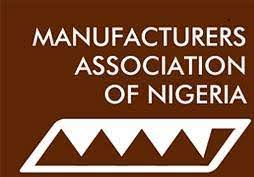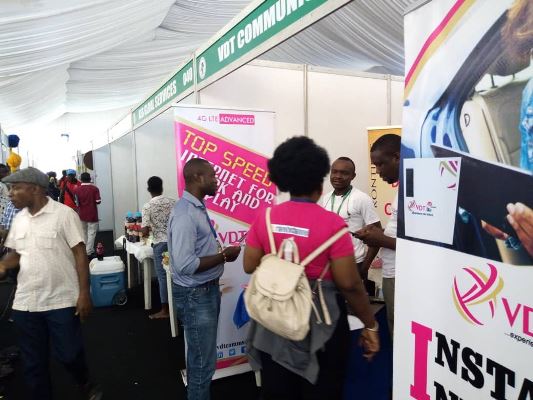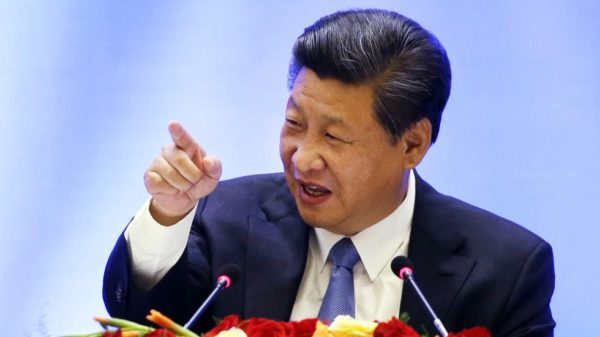Mr Segun Ajayi-Kadir, Director-General, Manufacturers Association of Nigeria (MAN), has commended the efforts of the Raw Materials Research and Development Council (RMRDC).
Ajayi-Kadir gave the commendation on Tuesday during his address at a Sectoral Dialogue Session organised by the Chemical and Pharmaceutical Sectoral Group of MAN.
He lauded RMRDC’s keen interest in ensuring the sustainability of Nigeria’s industries through continuous and persistent research.
MAN began discussions for collaboration to develop local raw materials for chemicals and pharmaceutical industries in Nigeria.
The theme of the sectoral dialogue is ‘The Future of Chemical And Pharmaceutical Industry In Nigeria – The Role of RMRDC’.
Ajayi -Kadir said that the RMRDC research was geared toward the localisation of some essential materials needed for the survival of local industries.
“The topic of this dialogue is apt and timely, considering the effort of the government to encourage backward integration. In MAN, we call it resource-based industrialisation.
“I am optimistic that after the session, our members would have a clear perspective on the efforts of RMRDC in improving their raw material sourcing, based on the information and research findings that would be shared,” he said.
In his lecture, Director-General/Chief Executive Officer, RMRDC, Prof. H. D. Ibrahim said that it was ime for investors in the manufacturing sector to partner with the council for the supply of competitive raw materials.
Ibrahim was represented by Dr Mohammed Buga, Executive Director, Mineral Materials Development Department, RMRDC.
He stated that the giant strides recorded by RMRDC had demonstrated its resolve to actualise the mandate of local sourcing of raw materials for industrialisation of the country.
According to Ibrahim, the discussion with the chemical and pharmaceutical manufacturers was necessitated by issues of disruption in the global supply chain.
He noted that the disruption was caused by COVID-19, the Ukraine/Russia War, and competitiveness of the industry.
The director general listed other issues that occasioned the dialogue as Presidential Executive Order five for industries to source their local content, scarcity of foreign exchange and the role of raw material origin for the Africa Continental Free Trade Area (AfCFTA).
“The time to source for local material can never be as compelling as now.
“With local development of raw materials, importation will reduce, there will be less pressure on foreign exchange, increase the profit margin for manufacturers, employment generation and improved overall condition of the economy.
“It is our hope that investors in the manufacturing sector would partner with the council for uptake of the developed technologies for sustainable supply of competitive raw materials for the sector,” he said.
According to him, RMRDC developed the National strategy for competitiveness in raw materials and product development in Nigeria as part of efforts to make industries more competitive.
Ibrahim noted that the strategy was geared toward a gradual reduction of imported raw materials and products that could be produced in the country in the short, medium and long terms.
In his remark, the Chairman, Chemical And Pharmaceutical Sectoral Group of MAN, Mr Rotimi Aluko, also commended the contribution of RMRDC to national development through publicity of research findings.
Aluko said the collaboration between the association and the council was geared toward exposing manufacturers, particularly in the chemical and pharmaceutical sector to some research findings to boost manufacturers’ operations.
“We are mindful of the fact that sourcing forex for importation of raw materials has become like a nightmare for manufacturers in recent times.
“Hence, the need for the consideration of local sourcing of raw materials through the backward integration became a necessity,” he said.
Aluko noted that Nigerian manufacturers may not be able to compete with their counterparts with the AFCTA, following the overloaded cost on them.
“Republic of Benin has set up an Export Processing Zone at the border which is a clear declaration of intention to utilise the privilege of the trade agreement to infiltrate Nigeria’s market massively with their products.
“It’s scary, but if we are able to have local material support and hopefully at a cheaper rate and if energy, several other costs and multiple taxations do not negate the impact, then manufacturers can thrive, “he said.
Participants at the dialogue session demanded that the RMRDC must ensure that raw materials are readily available at an affordable rate to help manufacturers remain in business.













